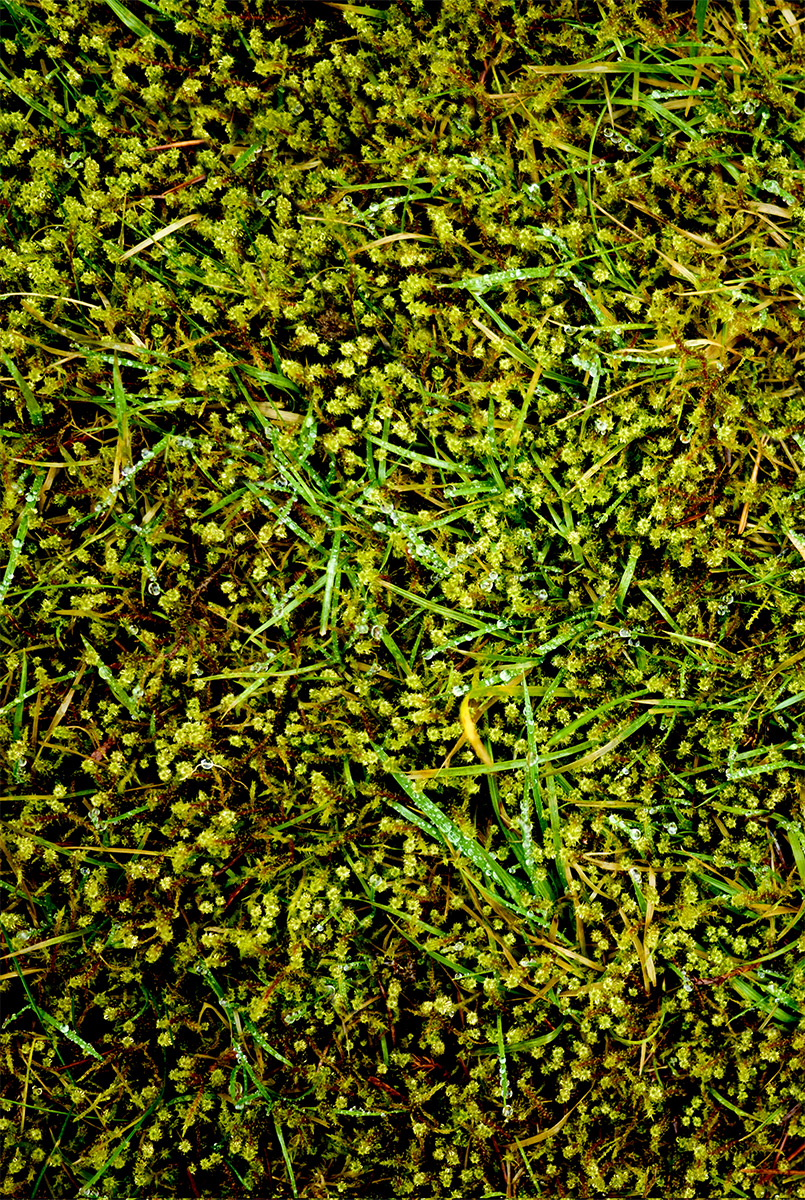
Late June
Bonnie J. Rough
Here’s something about the late part of June that makes my heart leap like a minnow: baby crows. They are learning to talk. Their parents speak in fluent, cultivated, articulate sounds, although the basic speech unit, from my foreign perspective, is still a gargly caw. But the young, although they have left the nest, haven’t got their grown-up voices yet, and they still demand to be fed by their parents. From first light until dusk they grate for food with a high repetitive whine like a kazoo in a tin can—waah! waah!—from whatever perches they find as they go about discovering the neighborhood. Those who survive will live here for years.
At this time of year in my town, even people who don’t notice crows notice crows, and not often with pleasure. Their nonstop rasping wakes us up too early. They interrupt our conversations. They take tools and get stuck in buckets. Their parents divebomb our leashed dogs and ponytails.
But I like the baby crows calling, and I promise I don’t say this to act special or contrarian. I like that awful noise specifically because it brings back a certain memory. When I hear that sound, I am ten years old. It is a summer morning in the forest, with colossal chutes of sunlight pitching down through high evergreen crowns. I am snug beside the windows in the attic loft of a camper trailer parked beside a lakeside cabin my parents’ friends have invited us to visit. The trailer isn’t ours, but that’s where my family is sleeping—all five of us—and I have the loft to myself, full of blankets. My parents and the other grownups and all the smaller children are over in the cabin, lingering after breakfast. But I’ve returned to the trailer to resume some serious coloring-in with my best Pentel markers.
From the gift shop at Butchart Gardens in British Columbia, Canada on an earlier road trip, I had selected a color-your-own diorama of the gardens as my souvenir. Walking the curved paths through that vast sunken garden with its massive rhododendrons blooming a fruity assortment of colors in perfect scale against hazy distant peaks had given me the first noticeable aesthetic response of my life.
There was something of that salient awe I wanted to study, to hold, turn over, examine and own. Coloring in the tall cypresses, the peony hedges, the azalea beds, the bulbs in rows, cutting and separating the cardstock illustrations into pieces and fitting them with crosswise feet so the garden could stand in three dimensions—doing that meticulous work, even if I didn’t know or care which plants I was coloring as I freely chose their hues—tantalized me with the possibility of discovery and perhaps even enlightenment. It was the pleasantest of hungers. I was doing something that needed more finding out, mounting an exploration made of curiosity, imagination, and something from outside myself that had reached in and surprised me.
I was not a quiet or very solitary kid, but it felt urgent for me to get back to my private work in the trailer loft rather than to linger in the cabin after breakfast. Looking back, I believe I had just begun noticing the pattern of mind that would determine my life’s work as a writer. I was getting underway. Everything was ahead, everything was vast, and I wanted to step forward into that everything, to take it all up, one idea at a time, one inquiry after another. It was a feeling of both complete engagement and of having received a glimmering, edgeless map. As I colored and felt this new euphoria washing through me, baby crows outside bawled and bawled for food. They gagged frightfully as their mothers crammed morsels down their throats, then bawled on. I didn’t notice, except some part of me clearly did.
I am nowhere near finished with the delving that seemed to commence that morning almost four decades ago amid a ballyhoo of fledgling crows. But I often feel certain my time is short. I don’t know where the premonition comes from. Family history? Pessimism? A flair for the dramatic? Actually knowing, somehow? Every June when the baby crows go exploring and make their nonstop racket, I am returned to that trailer loft in countless quick bursts, and my heart thrills to the sweetness of a vast, beckoning unknown: the feeling that all of time is ahead.
Bonnie J. Rough is the author of Beyond Birds and Bees (Seal Press 2018; Amazon Editor’s Pick); The Girls, Alone, selected by Amazon as one of the Best Kindle Singles of 2015; and the Minnesota Book Award-winning Carrier (Counterpoint 2010). Rough, who earned her MFA in 2005 from the University of Iowa’s Nonfiction Writing Program, has published creative work as well as journalism in numerous periodicals including the New York Times, The Atlantic, The Cut, Washington Post, Slate, The Sun, Bellingham Review, The Iowa Review, and many other literary journals.
.
‹ |
Previous Fog Lark, Megan Snyder-Camp |
Next Three Poems, Norman Schaefer |
› |


